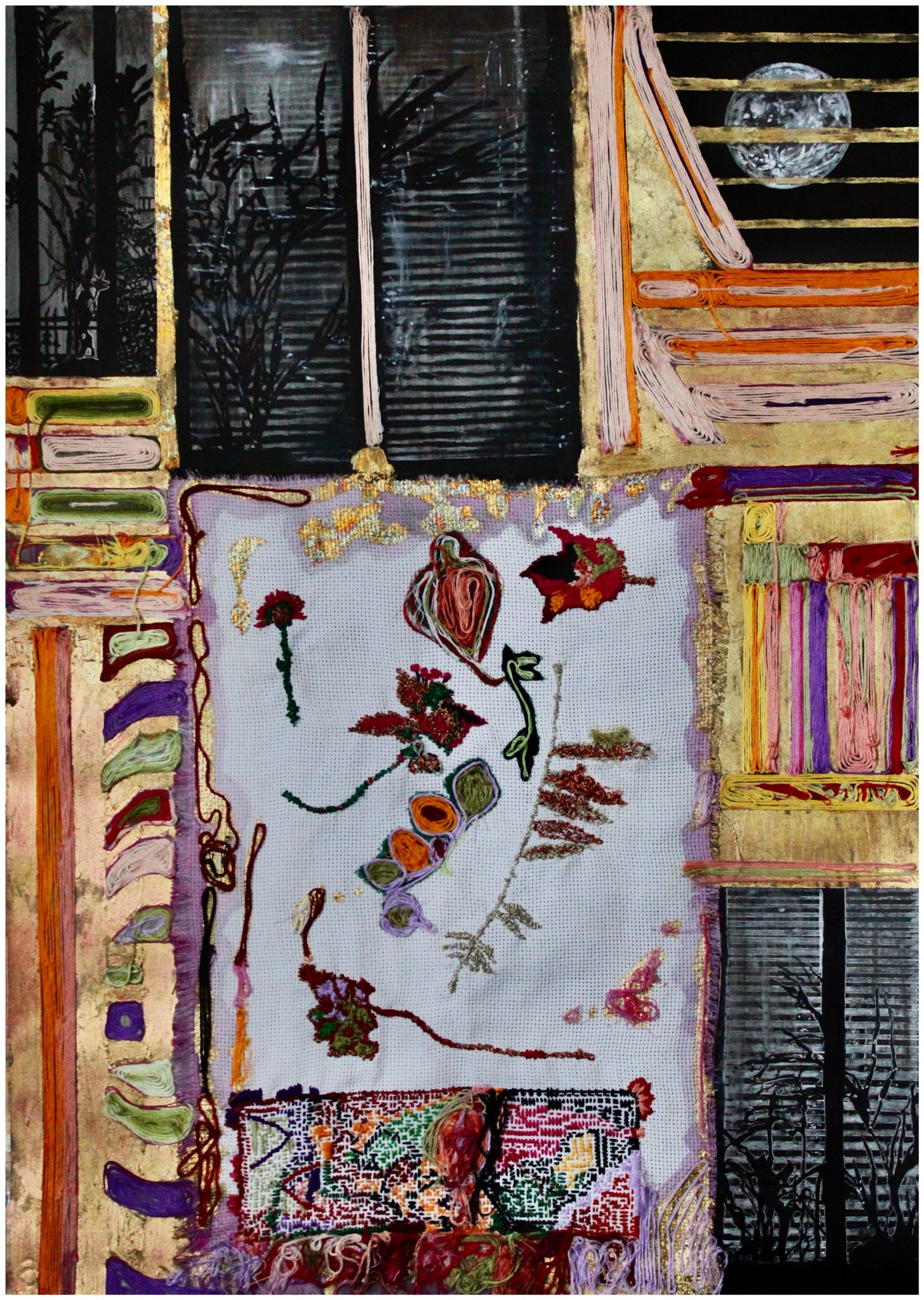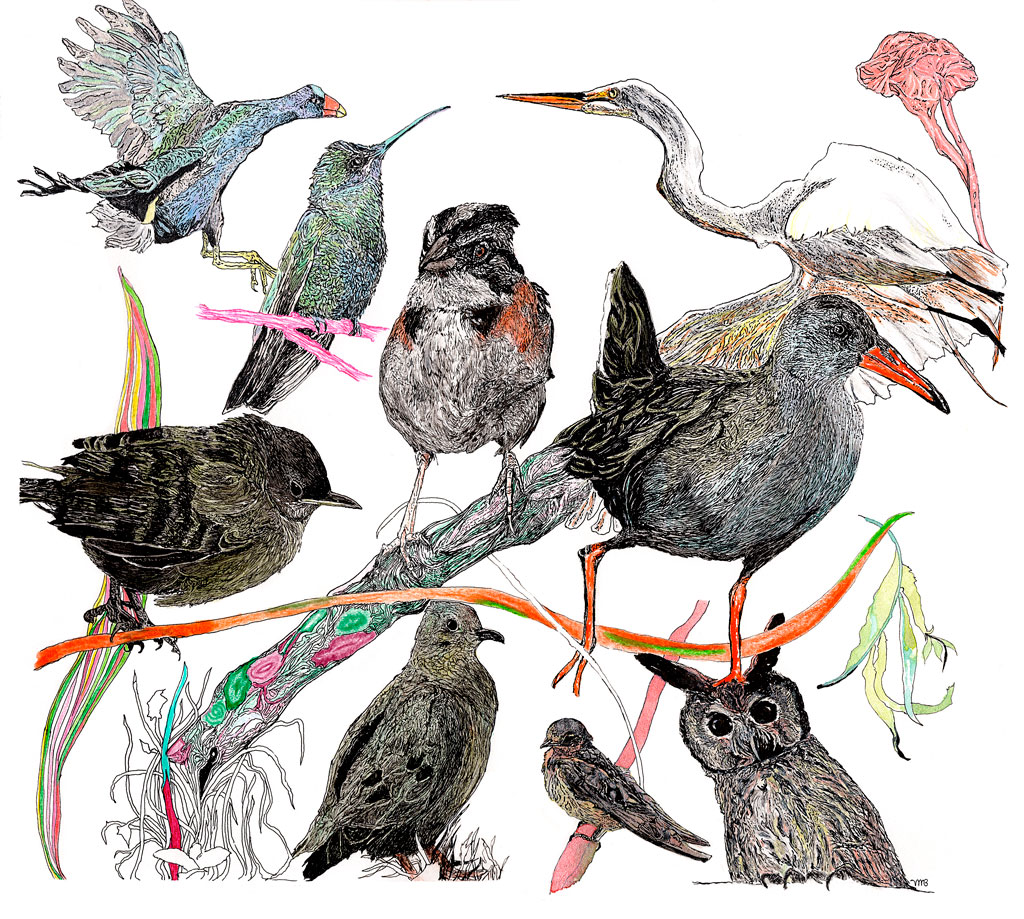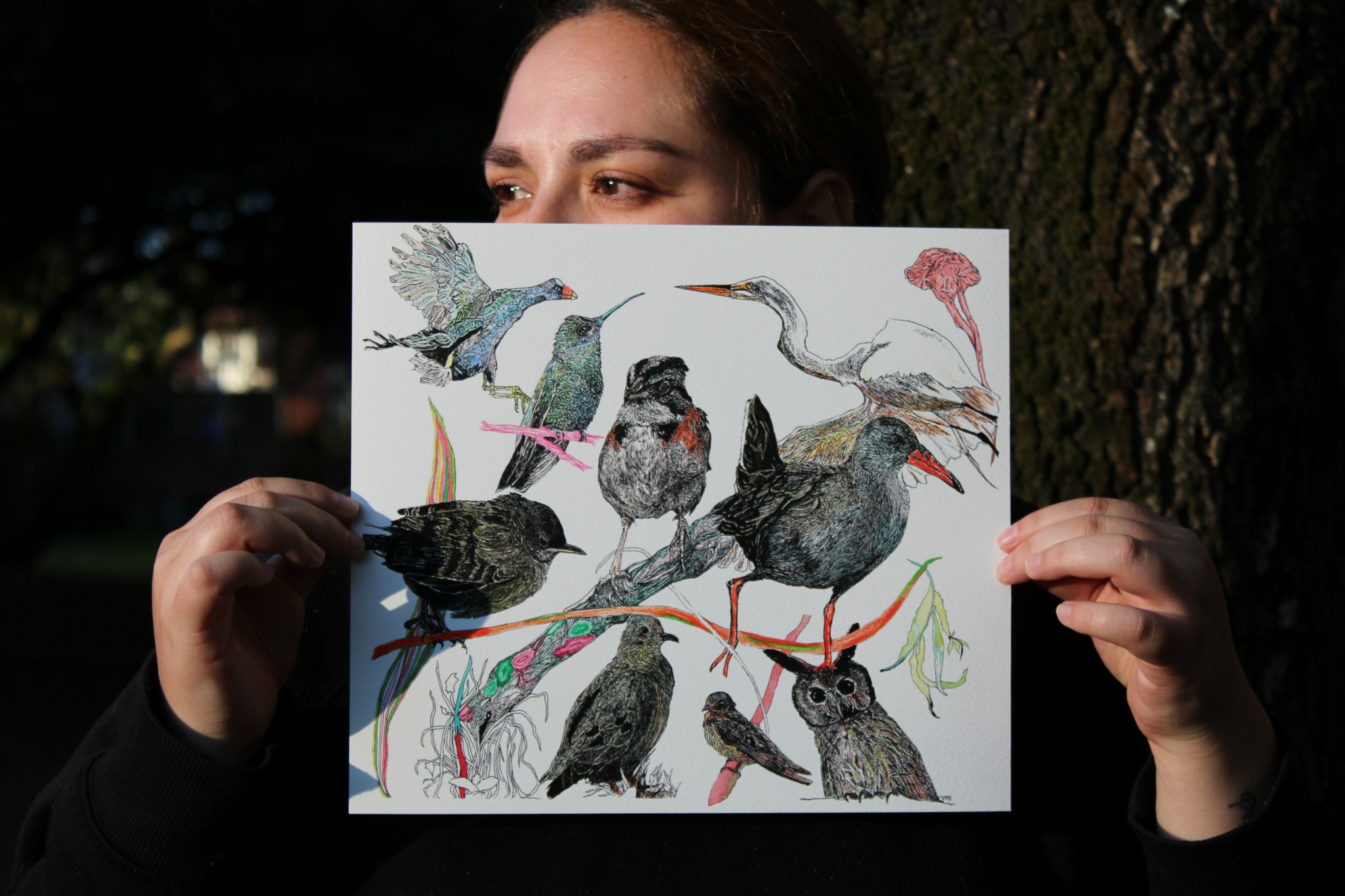We recently connected with Verónica Madrid-Malo and have shared our conversation below.
Verónica, looking forward to hearing all of your stories today. What’s been the most meaningful project you’ve worked on?
Throughout my career, I’ve had the fortune of being part of some outstanding projects; one of them was “Voces para transformar a Colombia” (2018), in which I was selected and commissioned to produce several large pieces for the exhibition. In fact, this entire exhibition was meant to be a challenge: the first museum dedicated to memory and conflict in Colombia. This project ignited within me a sense of purpose beyond the typical artist ego; for me, it was an opportunity to channel human stories, stories of the land, and life stories, telling them all without many—or any—words. It was a chance to speak about pain in terms of beauty. It taught me humility as a creator and how to contribute to something far greater than myself.
Five years later, in 2023, I received the most incredible proposal from the Arts Cabinet of the Ministry of Culture, Arts, and Knowledge. The idea was to be part of a group of artists and researchers developing a project in the Colombian Pacific, first in Quibdó and then in Guapi. We worked from a “script” where, to get this project across the finish line, we had to adapt our teaching methods to a “non-anthropocentric” vision of art. It was beautiful because, once again, I had to break free from old patterns I didn’t even know I had regarding education and colonialism.
This experience working with communities, and as cliché as it sounds, really changed my life and shaped my heart into colors I never knew could exist.
I came to understand, once again, the extreme importance of decentralizing art and its practices, the urgency of deep and active listening, and the significance of understanding territories with the guidance of their communities. I realized, once again, how urgent kindness is, regardless of government or its bureaucratic agenda.
By the end of this experience, I found myself on Gorgona Island. Life is strange, but it was because of art that this strangeness became something truly wholesome.
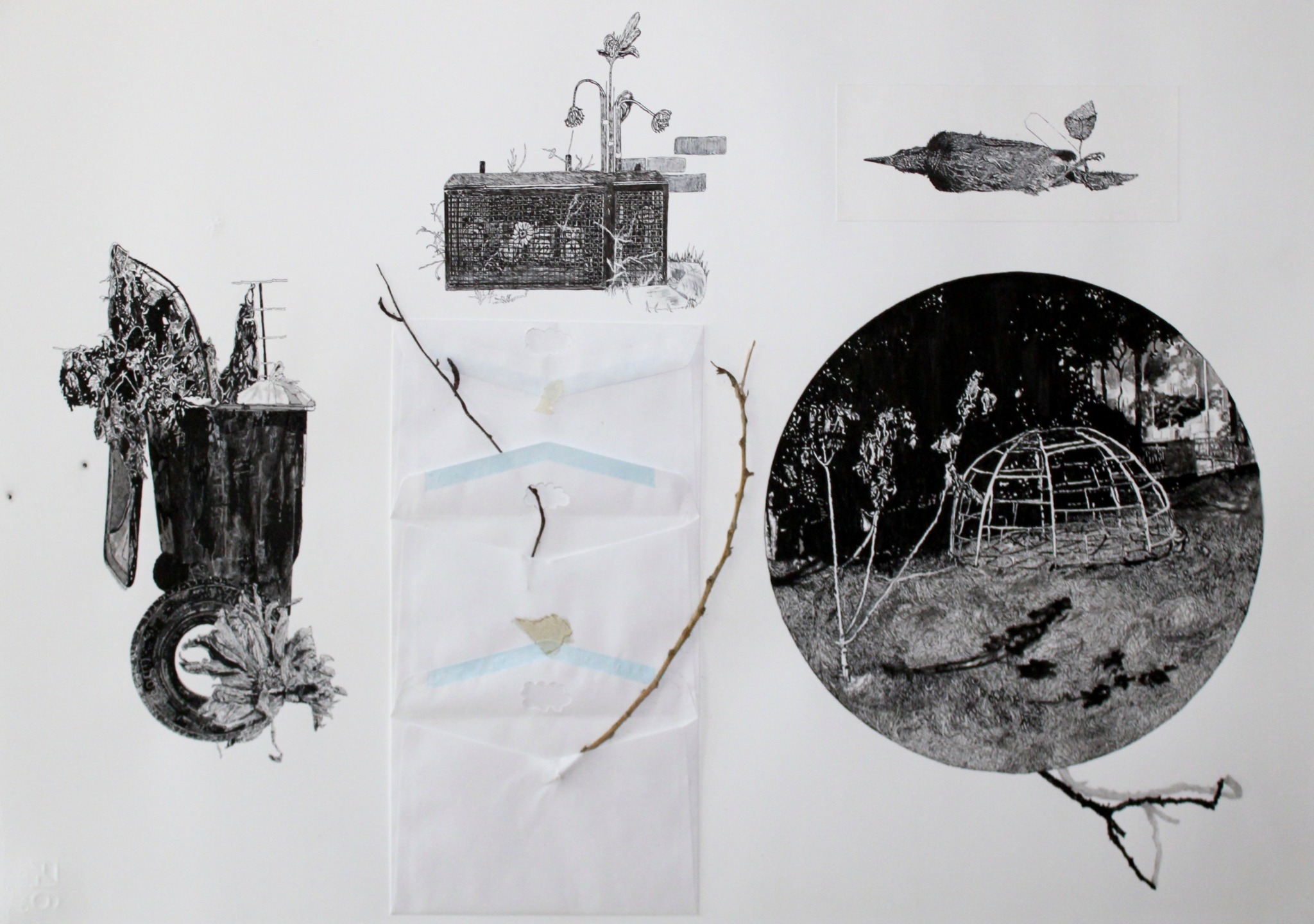
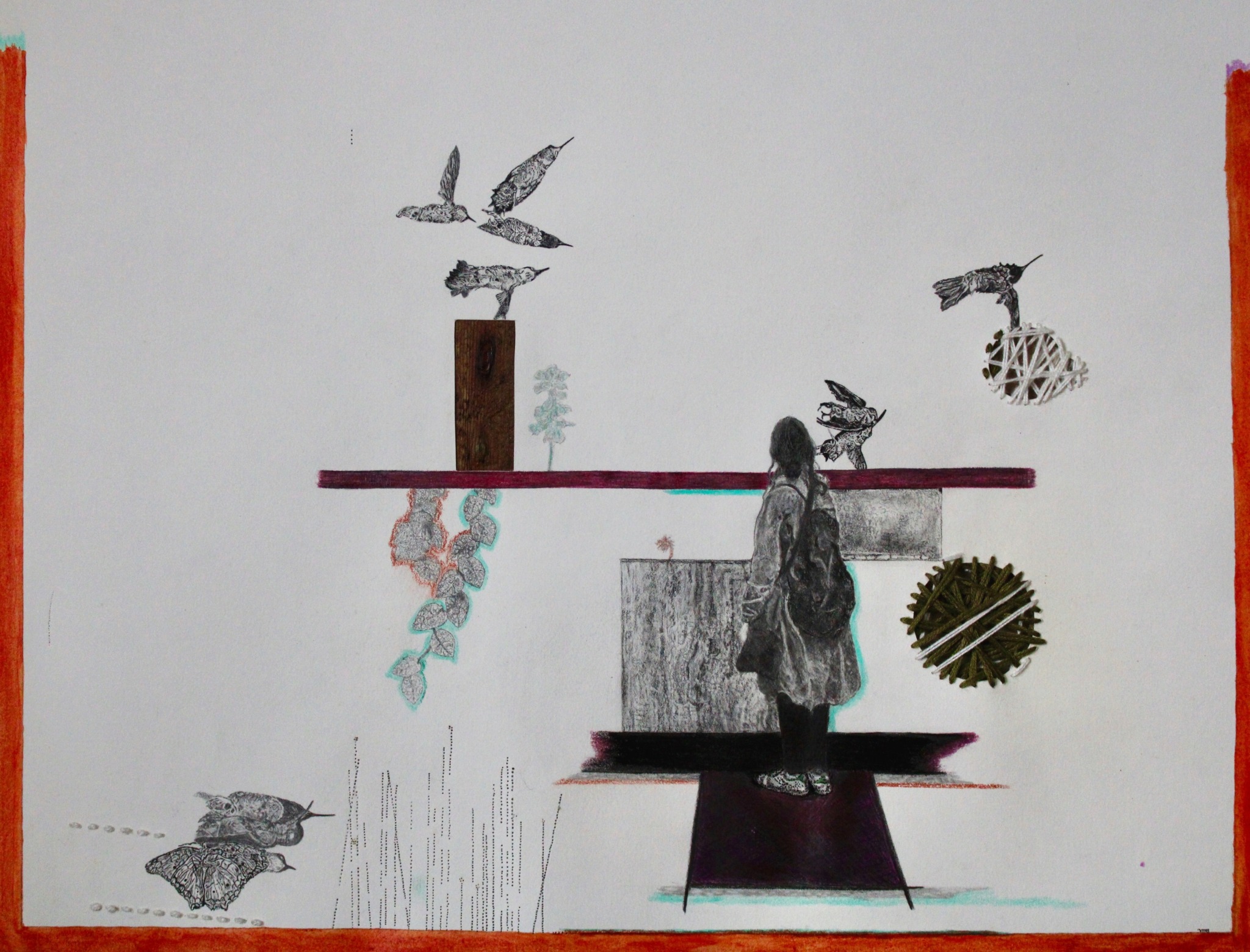
Great, appreciate you sharing that with us. Before we ask you to share more of your insights, can you take a moment to introduce yourself and how you got to where you are today to our readers.
I am an artist from Bogotá, Colombia; I draw, I paint, I enjoy writing, and I am obsessed with birds. I hold a BA in Art, and for the past 10 years, I have dedicated my life to it.
I believe my hands simply love the craft of art-making, perhaps because I tend to observe life both outside and inside my head, with all its macro, micro, and in-between details.
My conceptual exploration is rooted in impermanence, using poetry as a resource to build my projects. My work navigates the parallel of life and death, with poetry as my raw material, enveloping my art under the term ‘visual poetry.’ Passionate about both plant and animal life, I approach these forms from a contemplative perspective. I find in nature languages of remnants and translation for their emotional transfer. I connect to the world through solitude and contemplation, and nature is my most constant form of resistance.
I’m not sure if I have a mission, but I do know that my questions are the reason I connect to life. I also know there is beauty in all this rawness, and there is much history in my craft. Yes, from the eeriness to the magic of a fleeting moment, I aim to explore the simplicity of what I believe beauty is—far, far away from false human standards and, more and more, connected to the place I come from in this world.
I also know that radical tenderness, from which I stand, is my flag and a big part of my motto. As I quote in my statement, “From the bird to the flower, everything lives, everything speaks, and everything goes. Everything passes. Is there room for wonder? Always.”
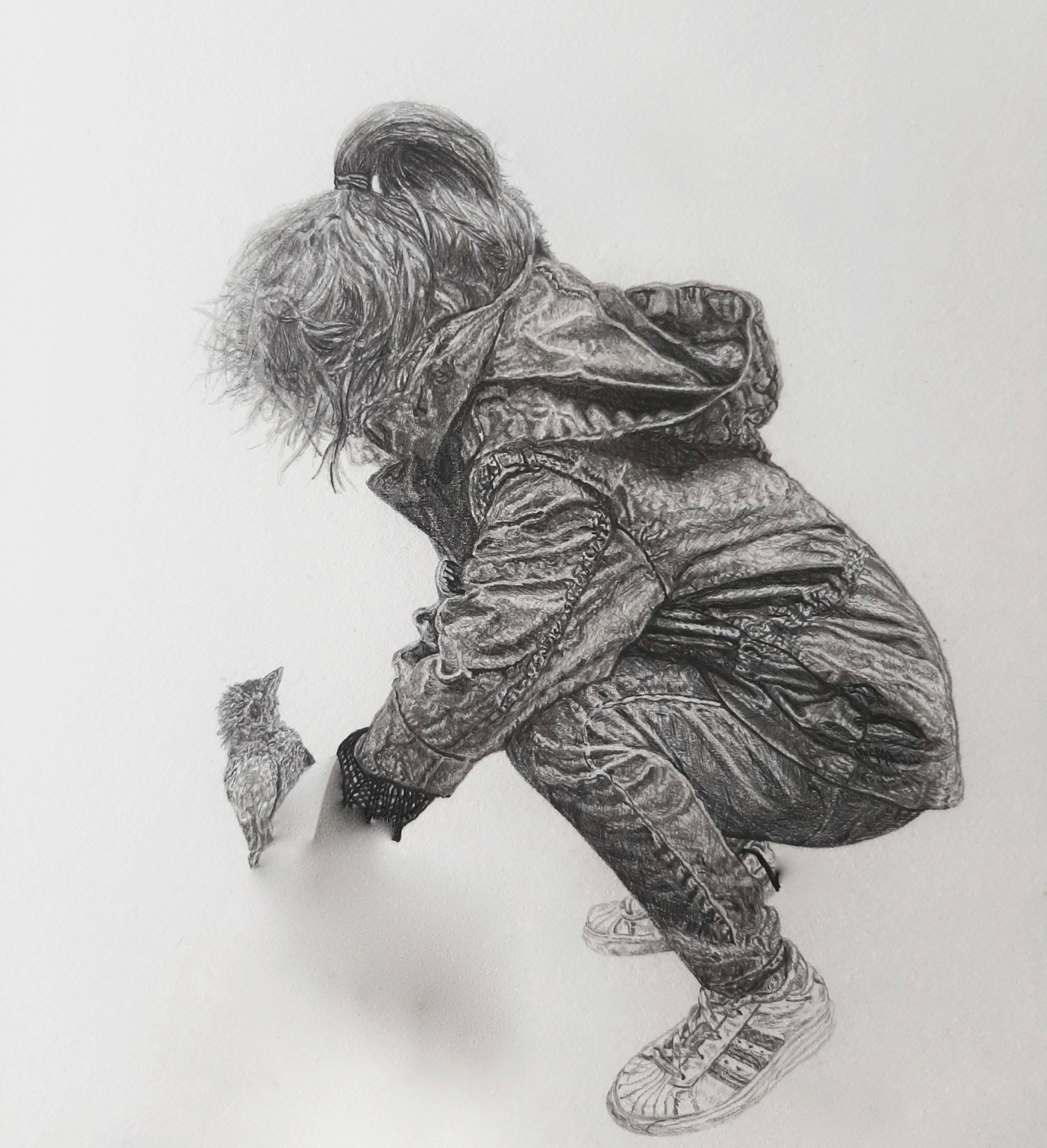
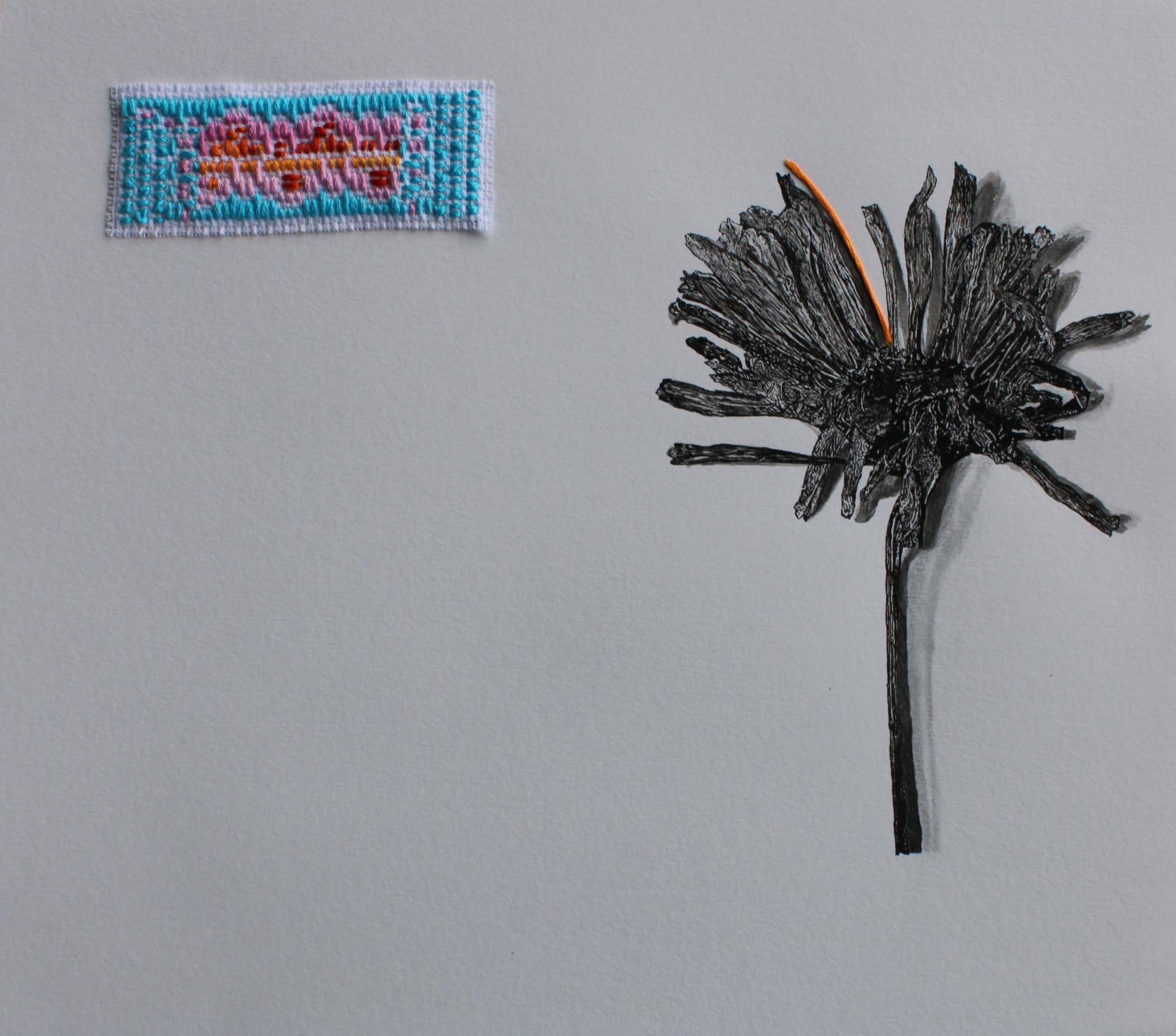
We often hear about learning lessons – but just as important is unlearning lessons. Have you ever had to unlearn a lesson?
I have had to unlearn many things, and that unlearning has been painful. Recently, I learned that it doesn’t make sense to make art if your mental health is going to pay a heavy price. I have learned, quoting Master Eric Fisch, that realizing what your limitations are in art and what you have to let go of hurts. Now, I think that having a degree from a university helps to some extent, but it won’t make you a better or worse artist. I now believe that the things I once considered the most important in my career sometimes haven’t been, and sometimes, it’s just part of the job. For every ‘yes,’ there are many ‘no’s,’ and we shouldn’t take either the ‘yes’ or the ‘no’ too personally. We must always remember that the one who makes art is us, not the people and their endless opinions on how you should be an artist. We shouldn’t suffer chasing exhibitions; eventually, some will come. And if they don’t come when we want them, it’s okay; life goes on, and we continue being valuable human beings.
Creating will always be important, and the most important thing, even if sometimes, sadly, one thinks that drawing or painting isn’t being ‘socially productive.’ Being an artist is about creating; it’s about making art. That’s what matters.
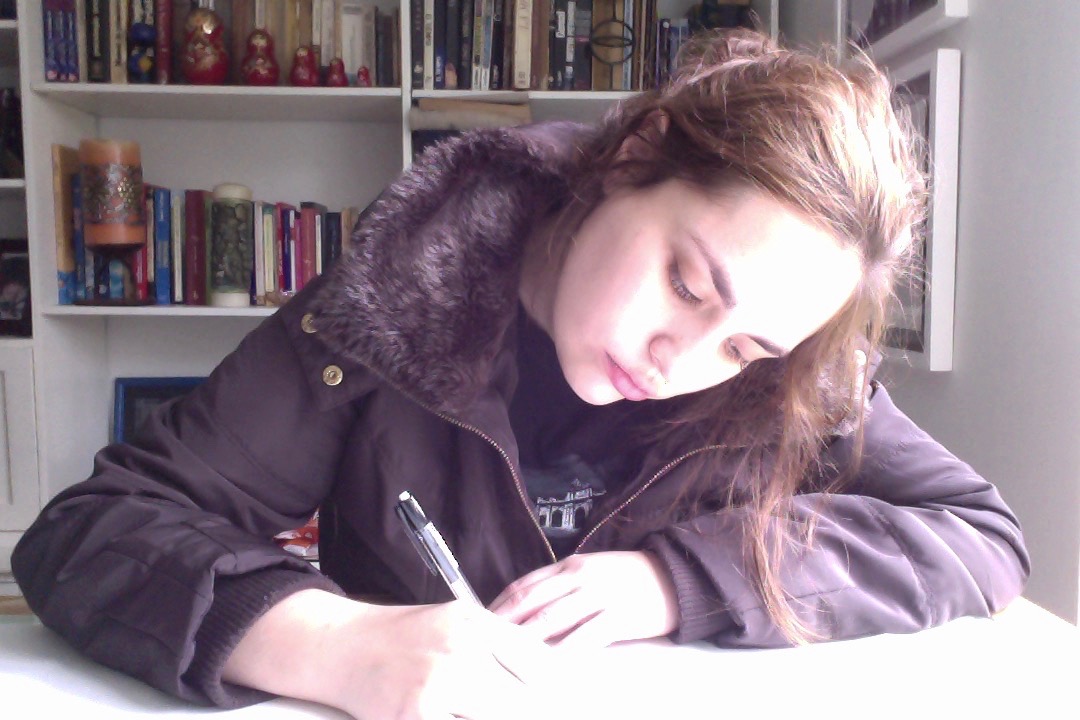
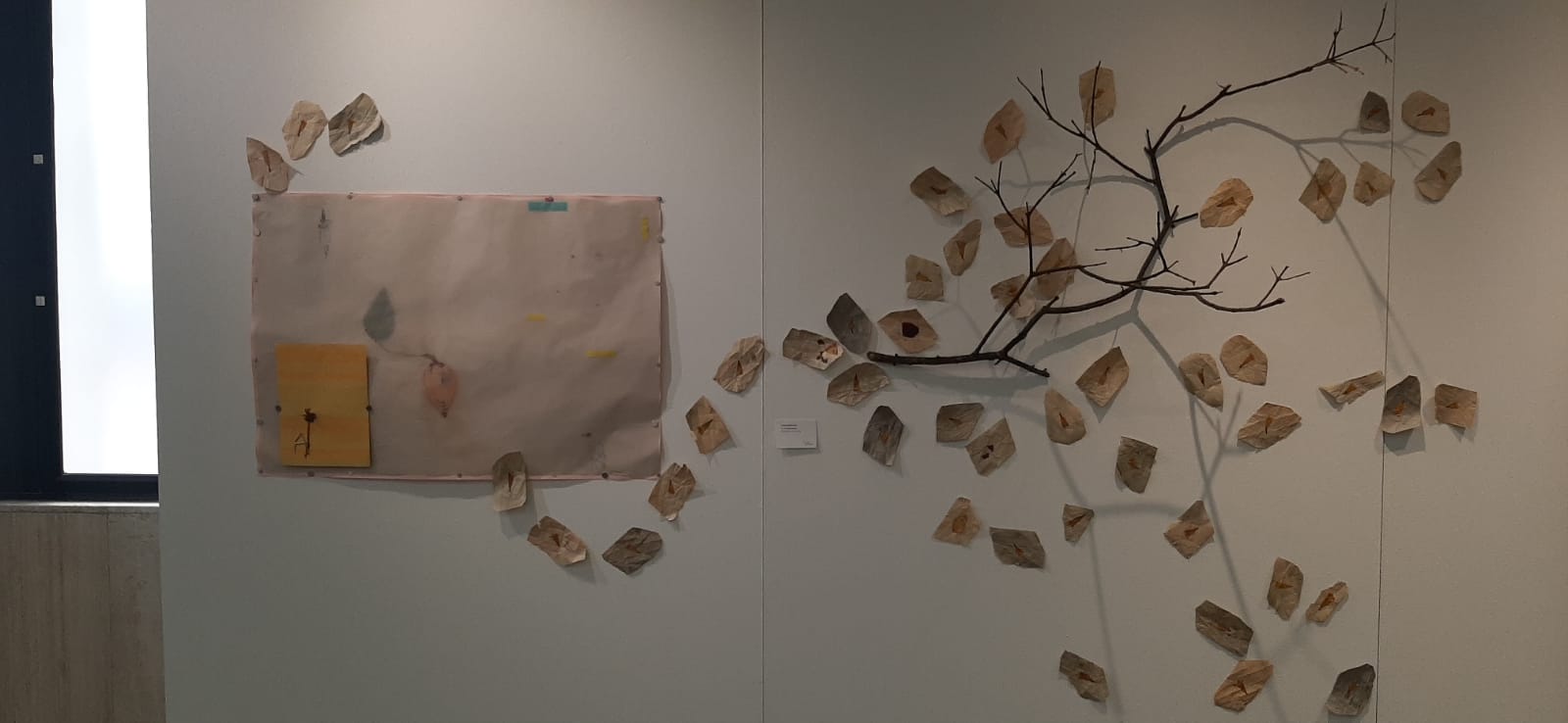
Is there something you think non-creatives will struggle to understand about your journey as a creative?
Maybe people who don’t dedicate themselves to art don’t understand our timeframes, and although yes, this is a professional career, it’s very different from others. Our time is radically different, our minds work differently, and we constantly struggle with the idea of a more profitable and ‘normal’ job, but at the end of the day, we can’t stop being artists. Our projects won’t make sense to many, but they are necessary. For an artist, it’s much harder to secure resources for their projects or to sponsor a residency; despite the amount of time we work, we still fight against precariousness and comparison because it’s not the same to be an artist with parents who have a lot of money and can sponsor master’s degrees, as it is to be an artist from a middle-class background who has to fight hard to get scholarships for master’s programs or resign themselves to not doing them. Here’s another thing: having or not having master’s degrees doesn’t make you a better or worse artist. Art is our work, and perhaps the most important of all the jobs we have, and sometimes it’s very exhausting and difficult to cover everything and be everything while being only an artist. Now we have to be entrepreneurs, digital marketing experts, designers, advertisers, influencers, teachers… in short, so many things that are tiring because by doing all of that, we dedicate less time to what is truly important: making art.”
Contact Info:
- Instagram: https://www.instagram.com/veronicamadridmalob/
- Linkedin: https://www.linkedin.com/in/ver%C3%B3nica-madrid-malo-boh%C3%B3rquez-353822170/
